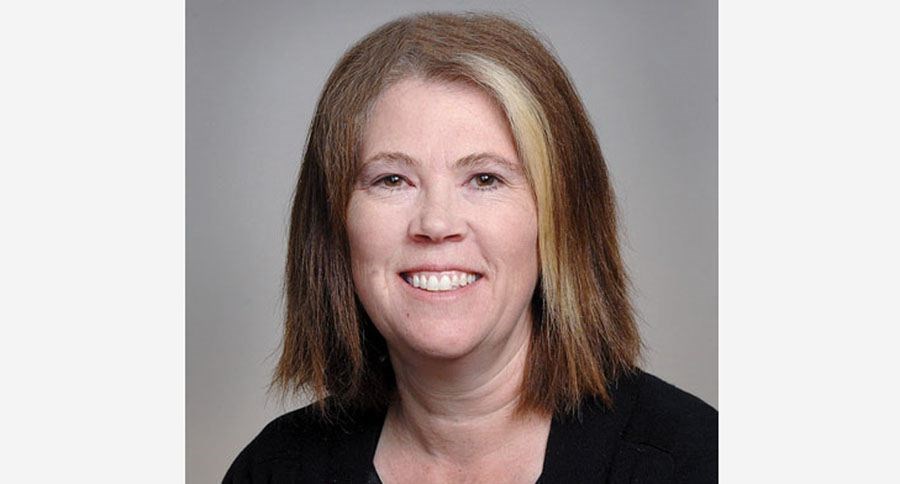There are few words to describe the third U.S. presidential debate.
"Unbelievable" is really the only one I can think of. I probably would not have said this in reaction to about 98 per cent of the debate which was mostly a rehash of the first and second. In fact, even the moderator said, "We've heard this before."
But, there was a moment that I suspect will go down in the annals of presidential debate history - it was the moment that Donald Trump said that he would not necessarily accept the outcome of the election. He would, he said, "Keep us in suspense."
If Trump had made this comment in another context one may just have assumed that he was playing to his base and stirring the pot. He has been suggesting lately that the election is, or will be, "rigged" against him. The notion that there is widespread voter fraud in the U.S. is simply unfounded as I will explain momentarily. But Trump made the comment in response to a direct question from the moderator as to whether or not Trump would accept the outcome of the election.
His refusal to say, "Absolutely yes I will accept the outcome" marks perhaps the most dangerous moment of his election campaign.
I have said before that the U.S. is a great experiment. Its existence rests on an agreement that a country can exist designed upon the principles of democracy and guided by a division of power. The American Constitution is the articulation of the belief that a state can be built upon trust through a series of institutions that limit the role of the state while at the same time extending the reach of the state far enough to support the development of civil society.
The formation of civil society requires the education of good citizens who trust one another to live by rules, social norms and laws.
Think carefully about the act of voting itself. Privately in a room screened off from others we are asked to choose among a number of people who will represent our interests and who will work to develop public policy that will shape many of the decisions we are allowed to make. But we know that there is another screened room only a few feet away in which another individual may be choosing someone else as their best choice.
And when we add up all of the choices, when we count the ballots, we may lose. We may be subject to the will of others and we must, for the sake of the democratic process, accept the will of others. The process cannot work if "the loser" (and their followers) does not accept the outcome - however painful, however heartbreaking.
America has existed for 240 years on the assumption that a peaceful transfer of power from one administration to another will take place. Trust in the democratic process is at the core of the American experiment.
Only a few weeks ago, I wrote in this column that a decline of trust in authority is one of the key factors in the Trump rise to power. He has chosen to exploit the decline in trust to make it seem as if the whole democratic process is under siege: from elites, from illegal immigrants and now from voter fraud.
But the fact is that there is not widespread voter fraud in America. A quick search with Factcheck.org shows that it is easy to conflate the problems of the voter registry with a claim that there are voters rigging the outcome by voting twice. Let us take, for example, just one claim that "people that have died 10 years ago are still voting." Factcheck.org shows that while: "Trump accurately quoted from the report, "Inaccurate, Costly and Inefficient: Evidence That America's Voter Registration System Needs and Upgrade..." (The) report did not allege the 1.8 million deceased people actually voted. Rather, Pew said that it is evidence of the need to upgrade voter registration systems. In fact, researchers say voter fraud involving ballots cast on behalf of deceased voters is rare. (Almost all of the claims of "dead people" voting) turned out to be due to clerical errors or as a result of people who legally voted via absentee ballots or the early voting process but later died before Election Day, ("said Lorraine Minnite, a professor at Rutgers University and author of The Myth of Voter Fraud.)"
For a brief moment on Thursday, it seemed that Trump might be retracting his statement but after saying that he would accept the outcome he added: "if I win." The fact is democracy does not work like that.



